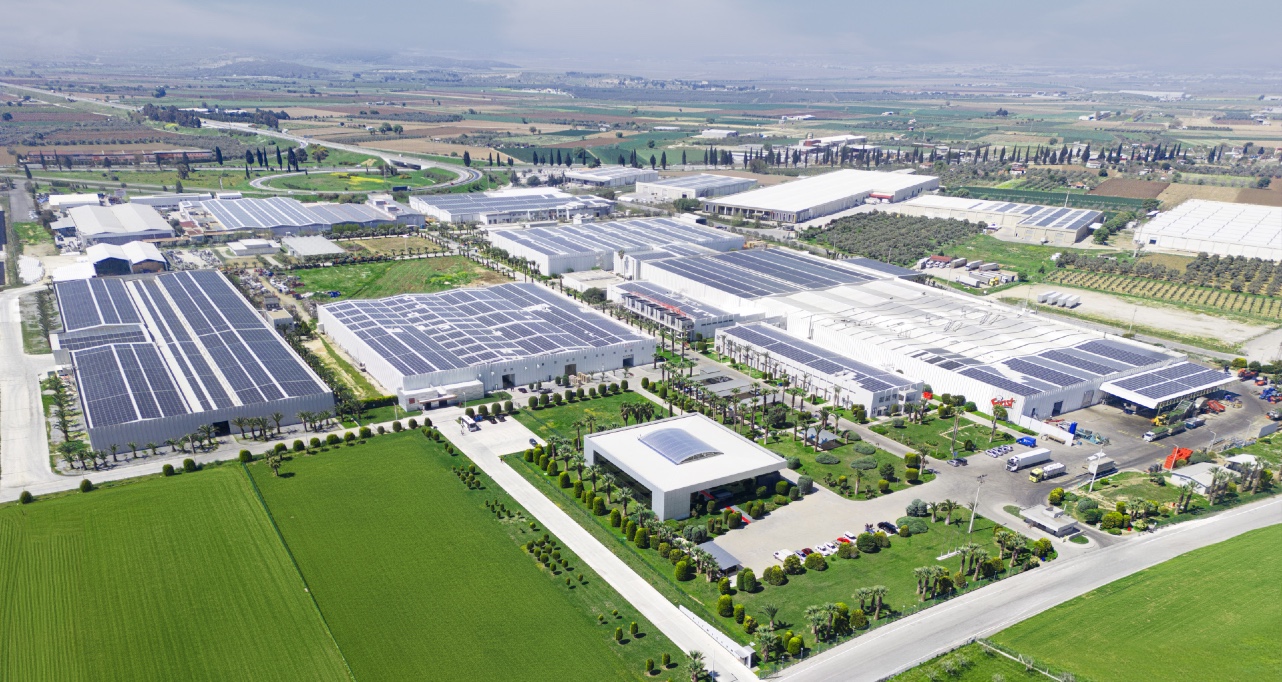Who we are
Overview: about the EBRDWho we are
Overview: about the EBRD
Our story
Learn about the EBRD's journey to investing more than €220 billion in over 7,800 projects.
- Our background and history
- Our organisation
- Our values
- Strategies, governance and compliance
- Project accountability
What we do
Overview: how the EBRD operatesWhat we do
Overview: how the EBRD operates
How we deliver systemic impact
Across three continents, the EBRD supports the transition to successful market economies.
- Where we work
- Products and services
- Sectors we work in
- Our projects
- Focus areas and initiatives
- Economic research
Work with us
Overview: how you can work with the EBRDWork with us
Overview: how you can work with the EBRD
What we offer for businesses
We draw on three decades of regional knowledge and financial expertise to tailor our products and approaches to each client's needs.
- Businesses
- Investors
- Donors
- Researchers
- Civil Society
- Alumni
- Nominee Directors
- Trade finance
- Careers
- EBRD lending €50 million to Turkish food processor Özgörkey
- Proceeds will finance new production line
- Project is expected to enhance resource efficiency
The European Bank for Reconstruction and Development (EBRD) is lending €50 million to Özgörkey Otomotiv Turizm Gida, a leading frozen food producer in Türkiye, to support investment in a new production line for potato products and snacks.
The new production line is expected to deliver energy-saving improvements driven by modern technology, enabling significant savings in terms of water and electricity usage and waste reduction.
Founded in 1951, Özgörkey is a family-owned company and currently one of the country’s largest producers of frozen foods, with products including French fries, fruit and vegetables, coated produce, cakes and desserts.
As part of the project, the company will also commit to hiring and training 90 new employees for the new production line, , addressing key skills gaps in the frozen food production sector. Özgörkey will also roll out a digital platform to its farmers and suppliers, enabling improvements in farming practices and digital skills.
EBRD Deputy Head of Türkiye Mehmet Erdem Yasar said: “We are pleased to support Özgörkey in advancing its resource efficiency journey. By optimising the use of resources and embedding more sustainable practices across operations, Özgörkey is strengthening its competitiveness, reducing environmental impact and building long-term resilience.”
Özgörkey Group’s CEO, Erkan Tabak, said: “Backed by the EBRD, Özgörkey is redefining food banking in Türkiye – introducing long-term frozen food storage and contract farming to stabilise prices and secure supply chains. This innovative model not only strengthens food resilience but also helps curb food inflation across the industry.”
The EBRD is one of Türkiye’s key investors, committing more than €22 billion since 2009, largely in the private sector.

